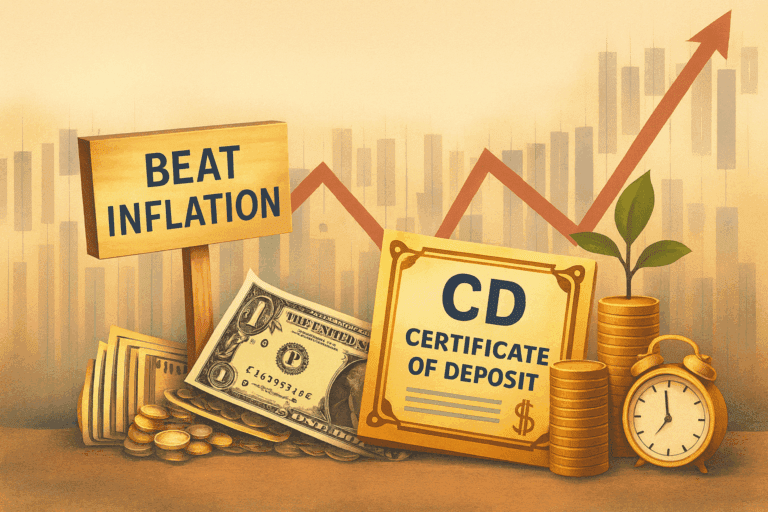Saving money can seem impossible if you’re not using the right techniques. While it’s tempting to spend beyond your budget, if you employ a few simple tricks, you can save enough money to meet your goals before you know it. Here’s how you can save with the cash diet.
What Is the Cash Diet?
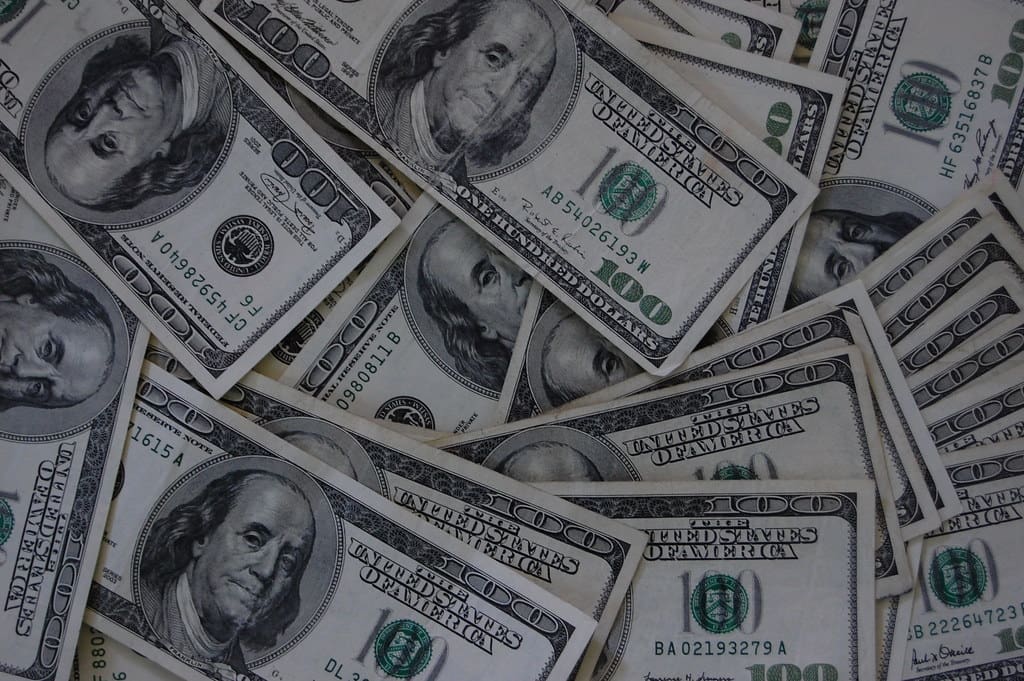
This is one of the simplest savings techniques out there, and it’s also one of the most effective. It works like this: you only spend money if you’ve got the cash on you to cover the expense. That’s it! Okay, there’s a bit more to it than that, but that’s the basic tenet. Here’s how it works.
Make a Budget

Why does every article on savings tips start with “make a budget”? Because it’s the first thing you need to do if you want to save, of course! Seriously though, break open those books and make a budget for yourself. How much do you spend on your bills? How much should you set back for groceries? Do you have a set amount you’re saving every paycheck?
Spending Money
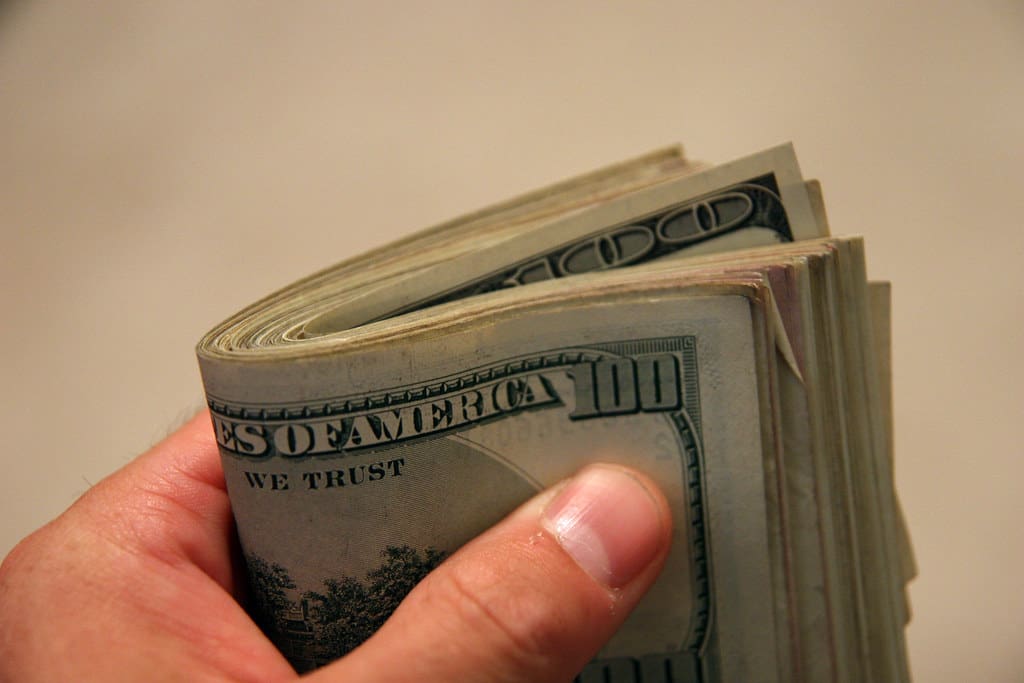
Okay, so you’ve got your budget. You know how much money you’re losing from your paycheck for your usual expenses. Now, the leftover after you’ve stashed some money in your savings account (or retirement account, or whatever it may be) is your spending money. This is the fun part, right?
Cash Out
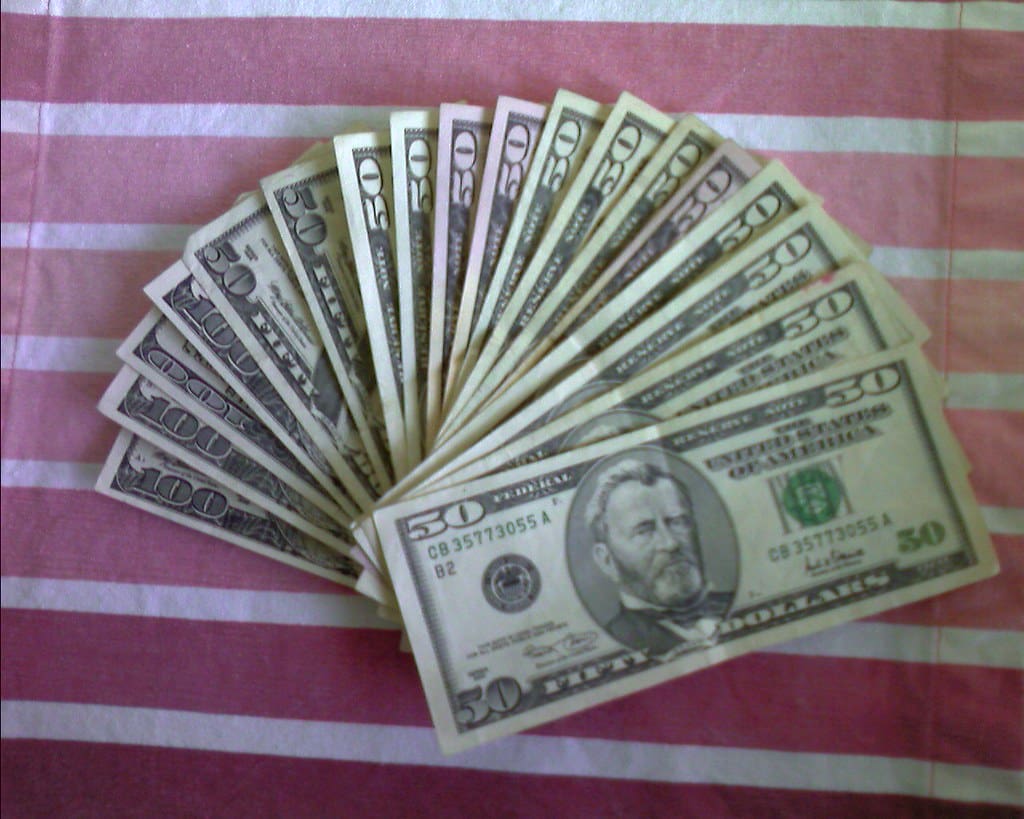
Now, go to the bank and get your spending money out in cash. This might sound like a bit of a hassle but trust me on it. Your wallet is going to thank me later. Get as much money as you’d want to spend for this pay period, keep it in cash, and spend it wisely. That doesn’t mean you need to spend all of it, just that it’s your spending limit.
Why Use Cash Only?
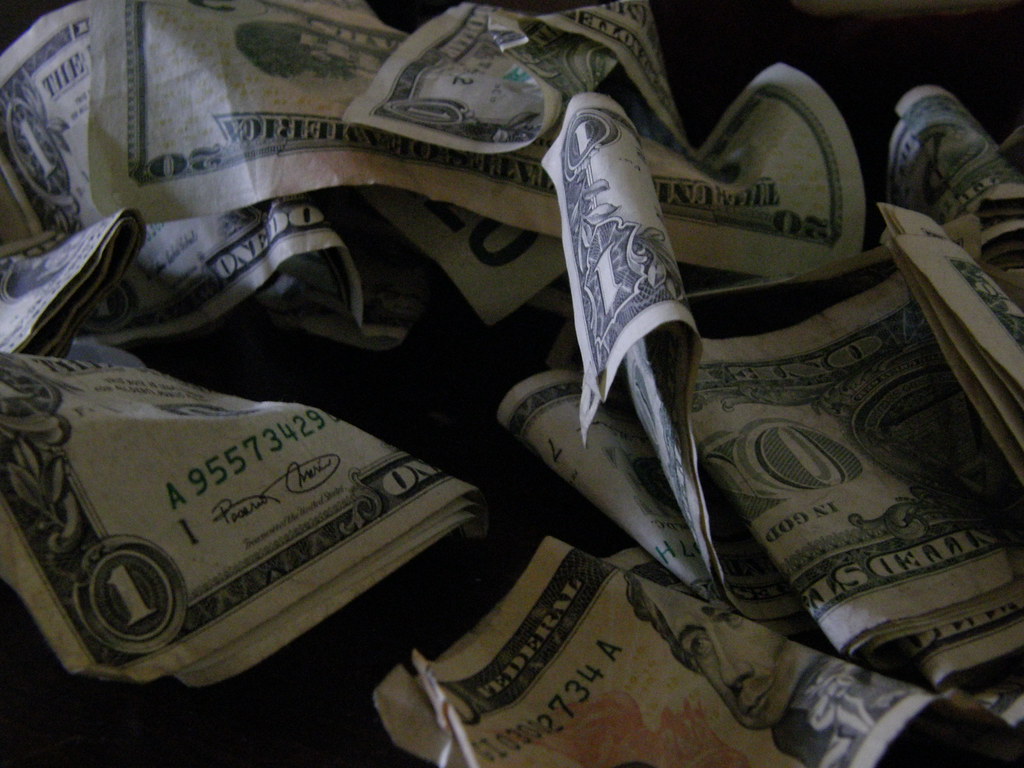
This might strike you as a bit odd if you’re used to using your debit or credit card for everything. However, it’s a great strategy. Some people save money better when they’re able to keep a close eye on the physical currency they’re spending.
Does This Actually Help?
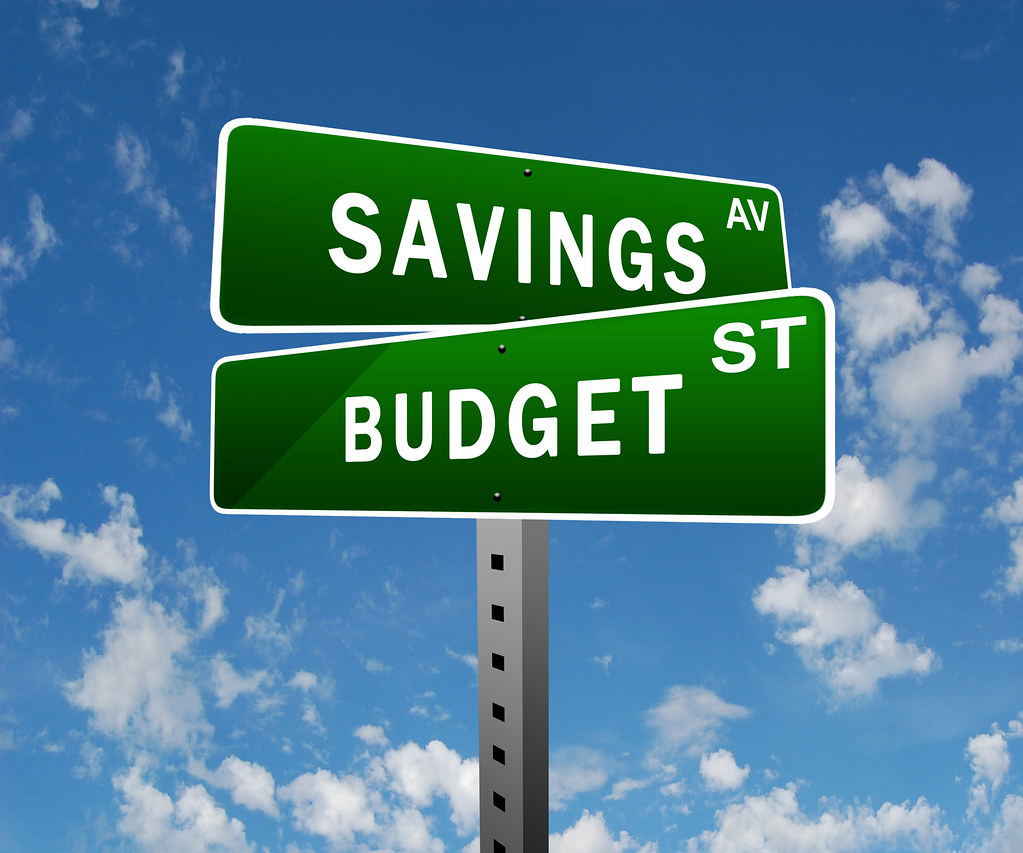
Psychologically, the cash diet gives you a hard upper limit for your spending. If you break the habit of swiping your card for everything, you’ll no longer feel the temptation to overspend. This can prevent you from loading up charges on a credit card or moving money out of your savings account to buy things after you’ve spent your “fun” budget.
What About Credit Card Rewards?
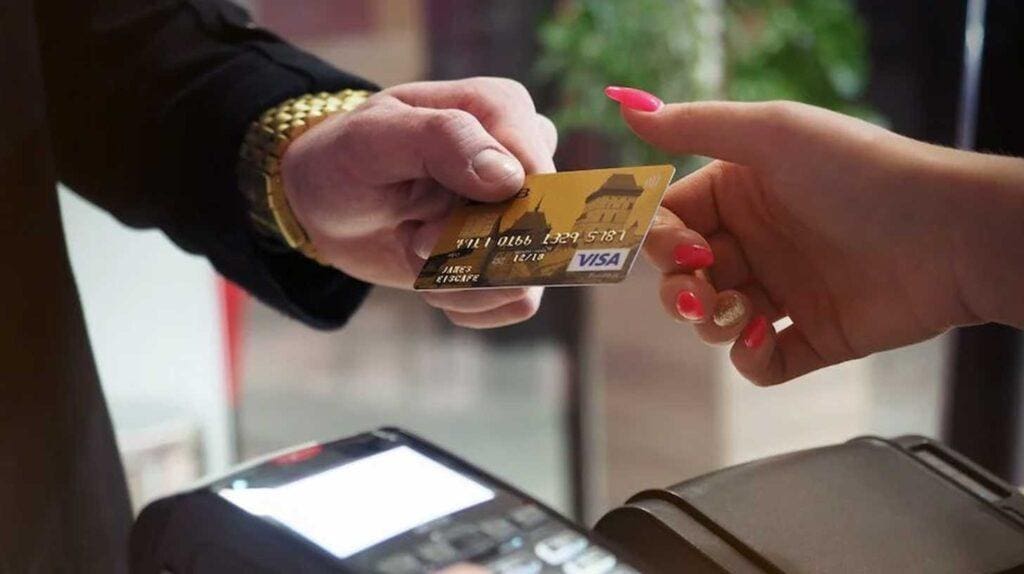
If you’re used to using your rewards card to get points for various programs, you can still use this cash diet approach. Just use your credit card for recurring things like buying groceries and paying for gas and pay it off every month. This way, you can still get the benefits of a credit card without the temptation of overspending.
What if Places Don’t Take Cash?

If you find yourself in an establishment without a cash register that won’t take your paper currency… don’t worry about it! Just move on. That’s kind of the awesome thing about the cash diet. It forces you to save in some scenarios by depriving you of the ease of transactions that can lead to overspending.
Read More: Top 10 Ways to Save Money on Everyday Expenses
Overflow Cash
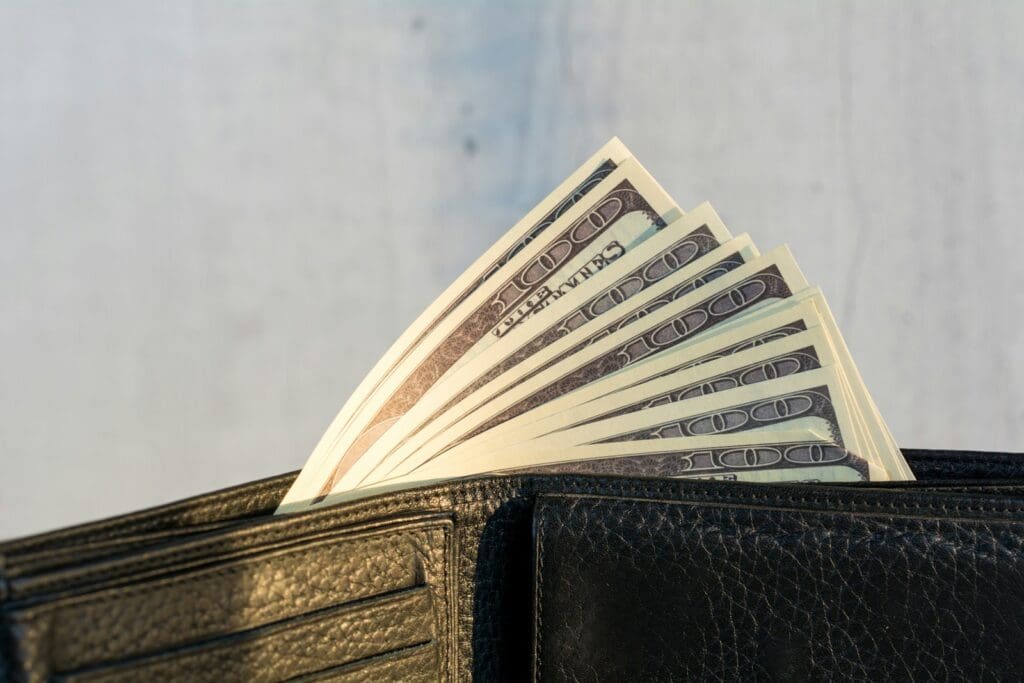
If you end up with extra cash in your spending fund when your next paycheck lands, just keep it in your wallet. Cash out only to the value you’ve got earmarked for spending and put the excess value, the amount you saved, into your savings account or other assets. This helps you not keep a large amount of cash on your person while also helping you hedge a bit against inflation!
Read More: 10 Things to Know Before You Refinance Your Mortgage
Spending Less?
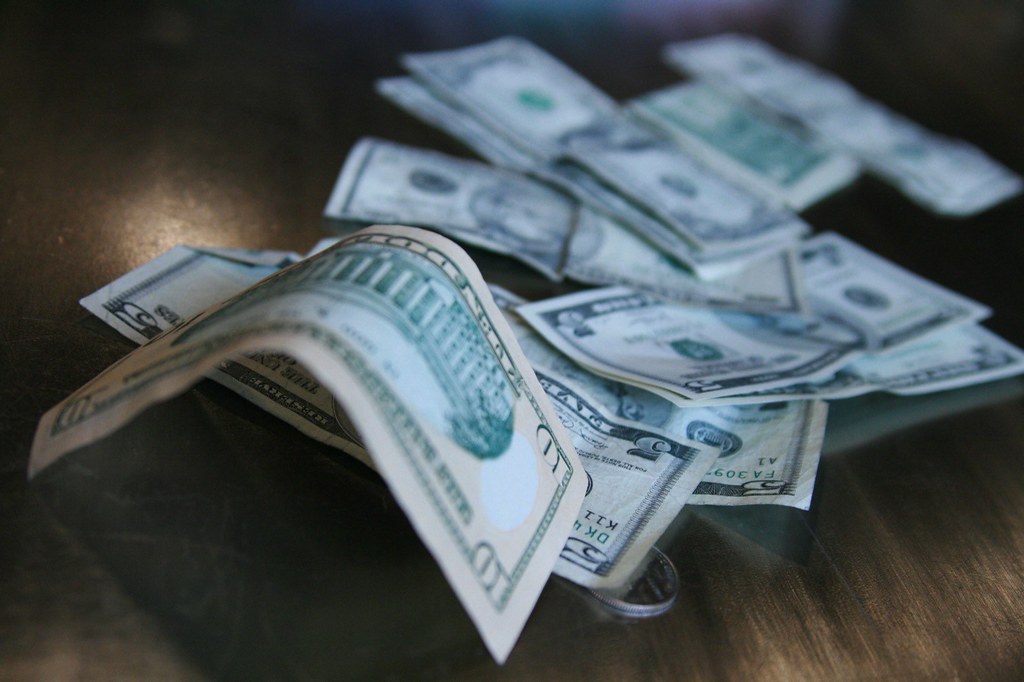
So, what should you do if you’re ending up with lots of excess cash when each of your paychecks arrive? Start taking less money out and investing or saving more of your income. This is a foolproof money move that can only help your finances long-term. The less you spend, the more you can save and the sooner you can reach your financial goals!
Read More: 15 Ways to Reduce Expenses



